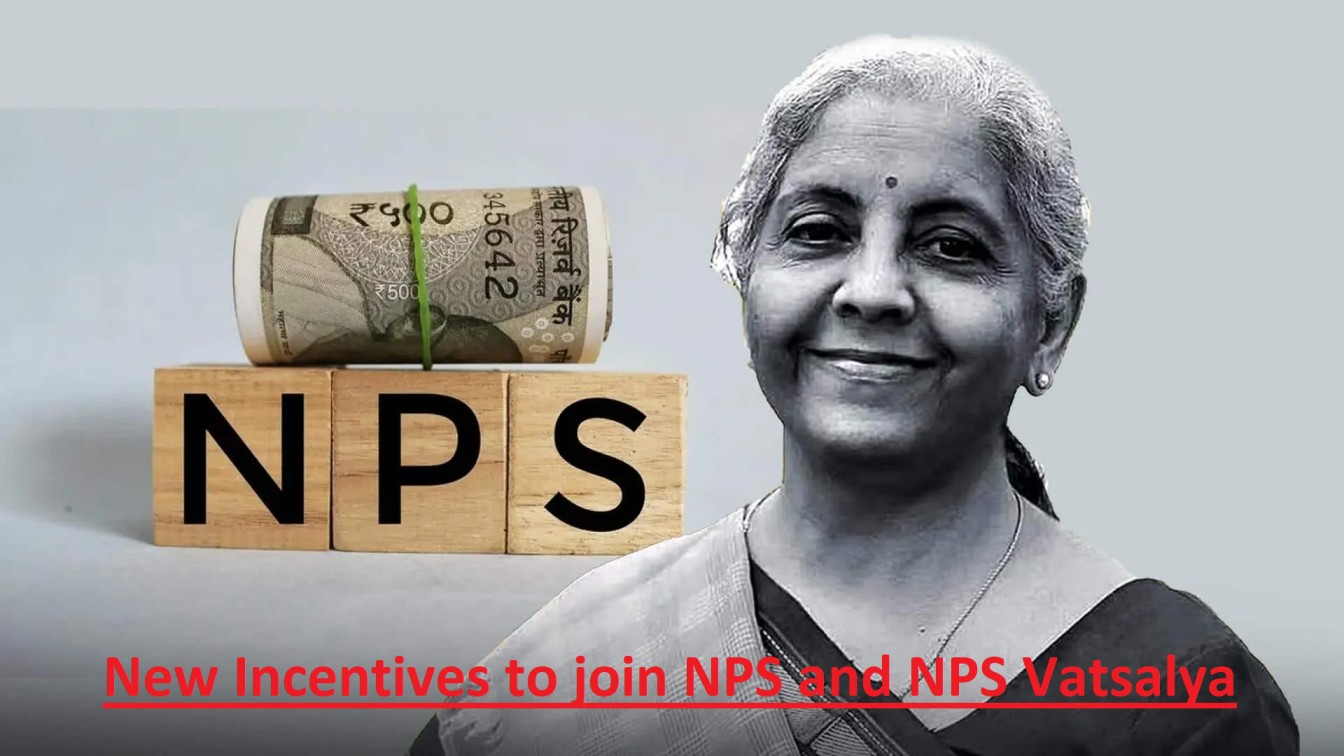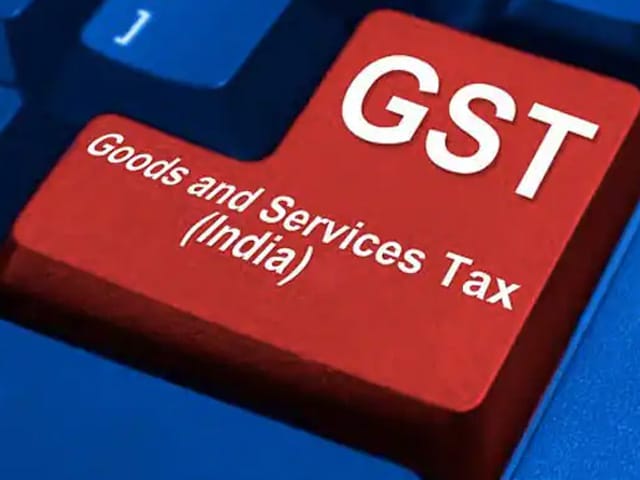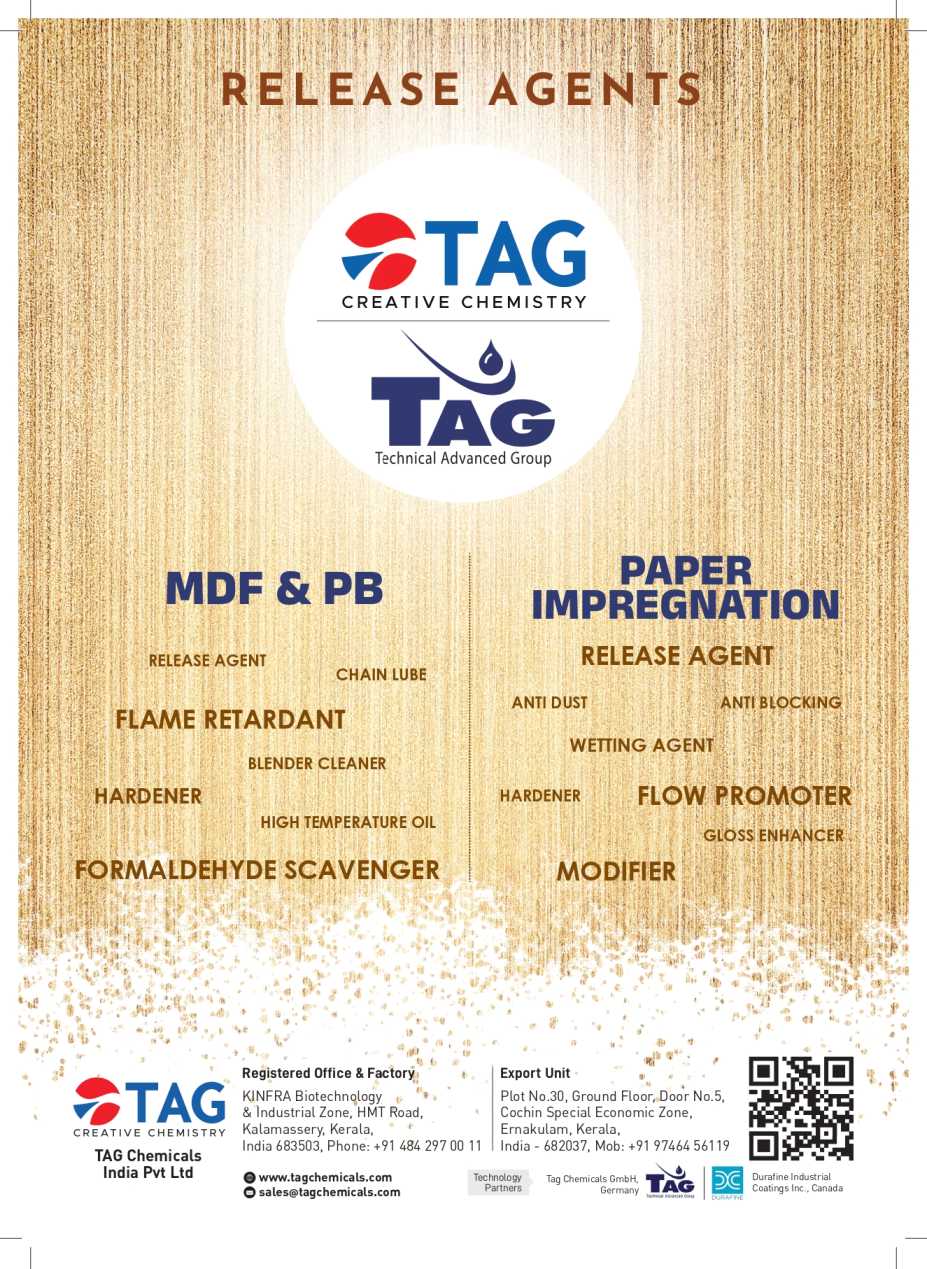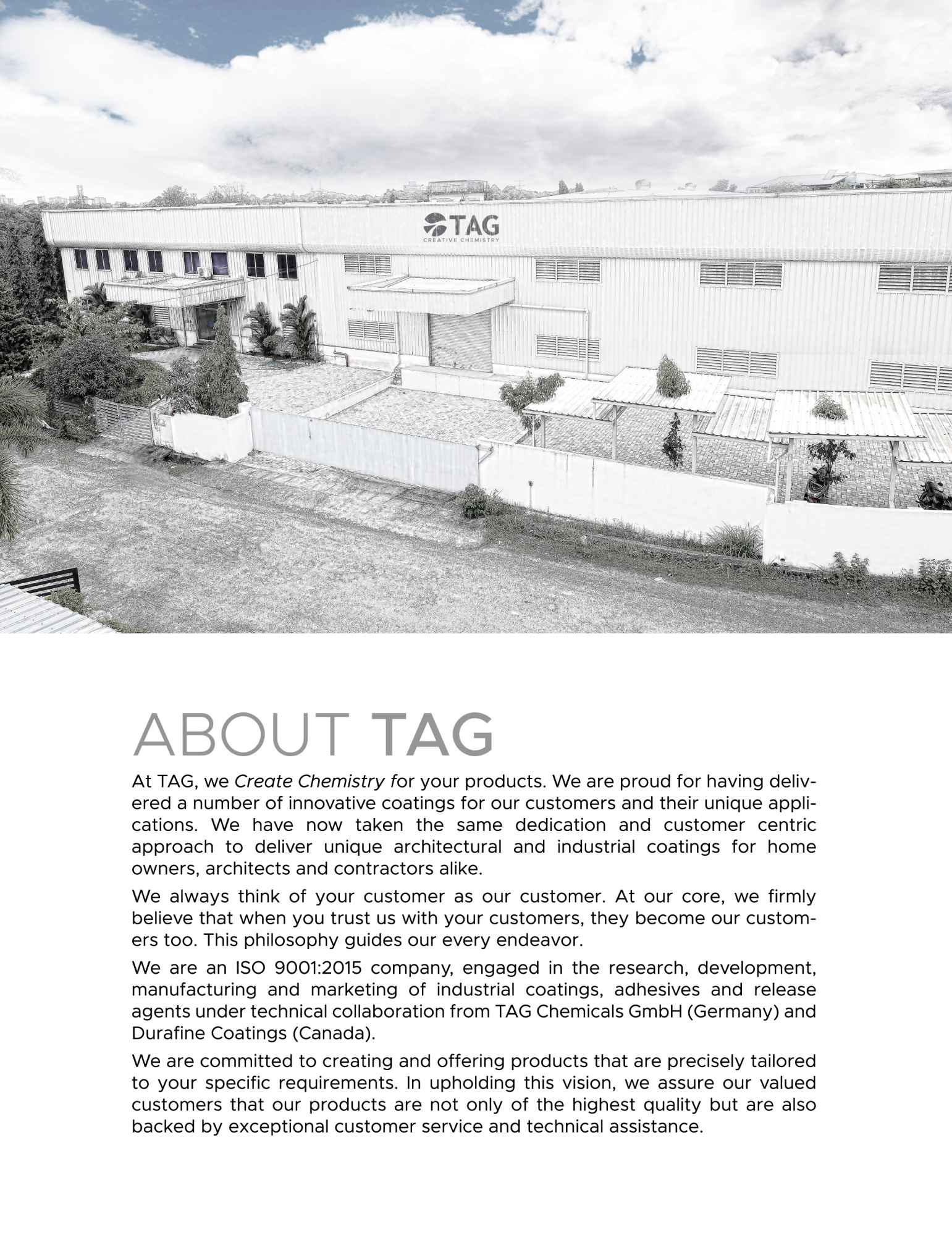
Cheap Imports versus Indigenous Manufacturing
- January 8, 2025
- 0
Any creative work is painful, may it be the reproduction of an organism or the process of a tree growing from a seed. If a system is prevailing for decades, everyone is accustomed to the process. And we feel discomfort, when there is even a small change in it.
The first & foremost question is why to go for ‘any’ change? With the passage of time, and the advancement of science, changes are inevitable in civilized society, which also changes the ways of business. From the very beginning to this twenty-second century, change is the only truth.
The technology, system or tradition that was effective at a particular time, whoever was intoxicated and stickled (to his system) by the success of that technology, remained confined to the pages of history. The institution that invested in new technology despite suffering, is still active and alive today.
Apart from this, it cannot be ignored, that, (Trader’s of) Countries who relied on cheap imports (for short term gains) over expensive indigenous products, have ultimately suffered. An advanced country like the US is no exception. All such countries, in order to revive their economy, have to centralize again all their energies and policies on indigenous manufacturing.
We are talking about QCO, which empowers the mandatory implementation of BIS technical standards in the product (and industry).
The Plywood and Panel manufacturing has seen a lot of changes since the era of, plywood manufacturing in the North East till 1996. Starting from Poplar, Safeda, and using many types of trees like melia dubia, the panel industry has been successfully able to manufacture a variety of products, such as MDF, PB.
The IS 303 standards have been modified to make it so flexible that even the lowest grade plywood can pass the BIS test. This means that no one can now claim that his factory cannot adhere to BIS standards.
And the most important thing is, that it has been clarified in the QCO notification that, any of the upcoming changes in the BIS standards, from time to time, will be accepted accordingly. Now it is up to the industry to present any remaining hurdles in their production process, to BIS and get its solution and clarification.
The difference between India’s import and export (trade deficit) was 38 billion dollars in November, which is necessary to reduce in the national interest, for which the industry should share it’s active participation with the government.
Yes, of course, it is desirable to request the government for support in tree plantation, and concession in import for sufficient availability of raw material.
The industry should welcome QCO wholeheartedly now and should put all its energy in making it successful.
Suresh Bahety
9050800888
👇 Please Note 👇
Thank you for reading our article!
If you don’t received industries updates, News & our daily articles
please Whatsapp your Wapp No. or V Card on 8278298592, your number will be added in our broadcasting list.



































































